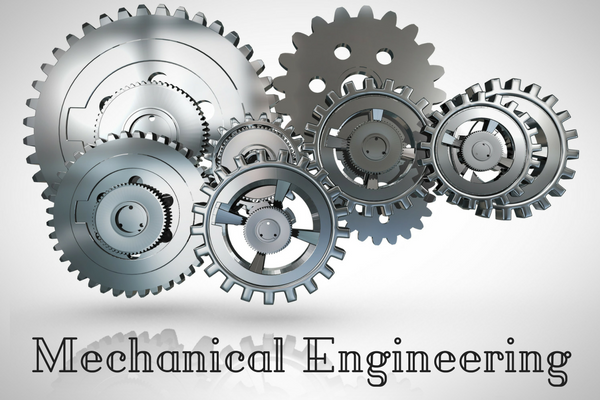Unit 5 – Mechanical Principles and Applications Level 3 – [F/600/0254]
Aim and purpose
This unit gives learners the opportunity to extend their knowledge of mechanical principles and to apply them when solving engineering problems.
Unit Introduction
The use and application of mechanical systems is an essential part of modern life. The design, manufacture and maintenance of these systems are the concern of engineers and technicians who must be able to apply a blend of practical and theoretical knowledge to ensure that systems work safely and efficiently. Science
underpins all aspects of engineering and a sound understanding of its principles is essential for anyone seeking to become an engineer.
The selection and use of engineering materials builds on the principles laid down by the scientists Hooke and Young. The laws of motion, put forward by Sir Isaac Newton, underpin the design of dynamic engineering systems ranging from domestic appliances through motor vehicles to spacecraft. Similarly, the design of internal combustion engines and gas turbines is based on the principles and laws that were put forward by Boyle, Charles and Joule.
This unit aims to build upon the knowledge gained at GCSE and BTEC First Diploma level. Learning outcome 1 will introduce learners to the behaviour of loaded engineering materials and the analysis of a range of static engineering systems that will include the application of Hooke’s Law and Young’s modulus. Learning outcome 2 will extend learners’ knowledge of dynamic systems through the application of Newtonian mechanics. It will also consider the storage and transfer of energy that is often involved in the operation of mechanical systems. Learning outcomes 3 and 4 seek to lay the foundation for future work in
applied thermodynamics and fluid mechanics. In particular, they will deal with the effects of heat transfer, the expansion and compression of gases and the characteristic behaviour of liquids at rest and in motion.
This unit provides a basis for further work in the areas of mechanical principles, engineering thermodynamics, fluid mechanics and other related applications of engineering science.
Learning outcomes
On completion of this unit a learner should:
- Be able to determine the effects of loading in static engineering systems
- Be able to determine work, power and energy transfer in dynamic engineering systems
- Be able to determine the parameters of fluid systems
- Be able to determine the effects of energy transfer in thermodynamic systems.









